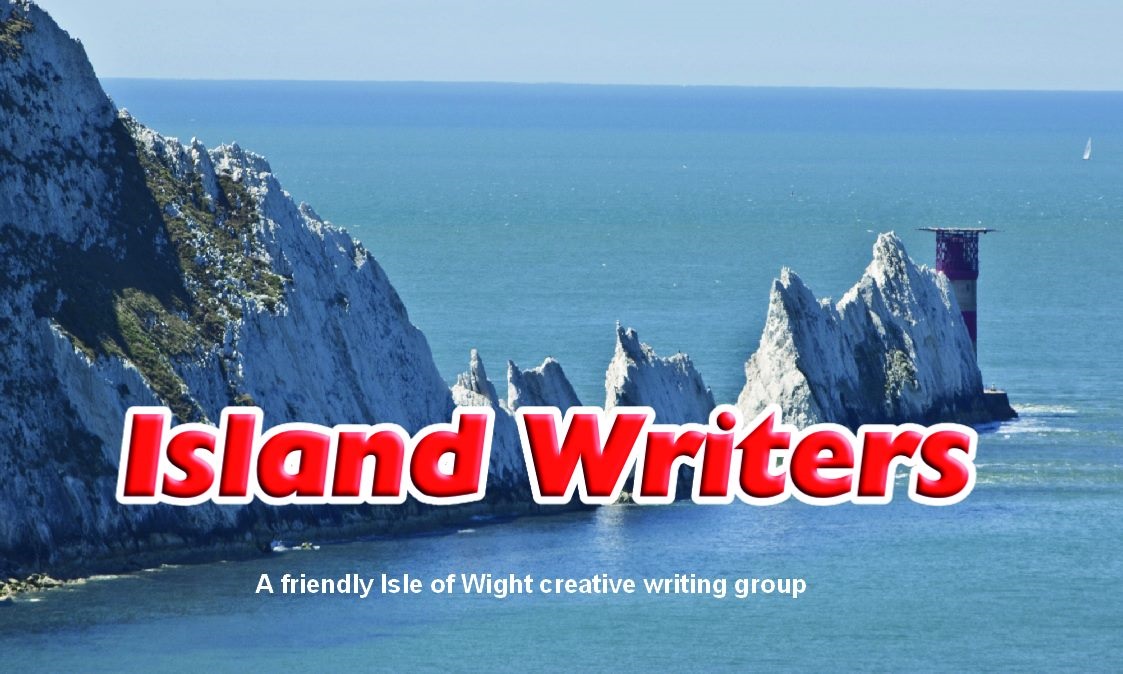
Our latest Island Writers creative writing assignment takes its inspiration from the famous science fiction novel by Robert A Heinlein:
Stranger in a Strange Land.
It seems perfectly fair to borrow his title, considering Heinlein borrowed it in the first place, from the Book of Moses in the Bible.
Heinlein’s theme, an alien experiencing Earth as an alien world, still has plenty of scope for creative writing, as does the Biblical idea of journeying for hundreds of miles to find a new home. However, your assignment doesn’t have to be science fiction, or religious writing, although it can be.
Your ‘stranger’ may be much closer to home: an ordinary person who has come to an unfamiliar setting or lifestyle, perhaps a city slicker lost in the wilderness, someone facing the trials of their first day at college, a club or a new job, or some other social milieu where everyone else seems to know the rules.
The important thing is to allow your writing to express the universal experience of being an outsider. Whether you’re creating a short story, poem, personal memoir or opinion piece, fill it with the emotions which will resonate with every reader. We’ve all been that stranger… but will yours find acceptance or rejection?

If you’re trying to remember all the assignments in case you’ve missed one (or perhaps more than one!) here is a list of the most recent ones:
- Sloth
- Spooky Writing for Halloween
- In the Basket
- Stars and Stripes
- Under the Microscope (not about Covid)
- Sparkling
- Emergency Situation
- Stranger in a Strange Land



















 A very Happy Christmas to you all from Island Writers!
A very Happy Christmas to you all from Island Writers!